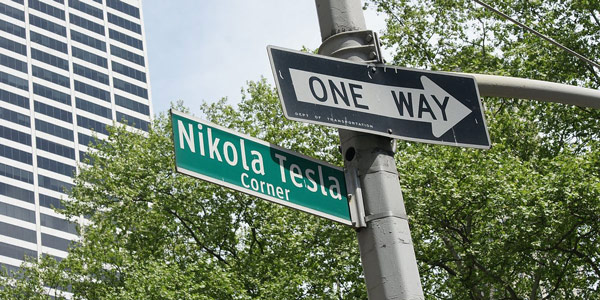By Michael Kuser
A New York judge ruled last week that the state’s Public Service Commission has “the very broadest of powers” to regulate energy service companies and utility rates, especially when seeking to prevent the overcharging of low-income customers.
The June 30 decision by Supreme Court Justice Henry Zwack dismissed a case filed against the commission by the National Energy Marketers Association and three energy service companies (ESCOs), as well as a similar suit by the Retail Energy Supply Association.
The ruling also lifted Zwack’s own temporary injunction against the PSC’s February 2016 “reset order,” which sought to overhaul the business practices of retail energy suppliers and limit the ability of independent energy marketers to sell electricity and gas to low-income customers (15-M-0127, et al.). (See New York ESCO Order Vacated by Court.)
The commission’s order mandated that ESCOs guarantee all mass-market customers an electric rate lower than what their host utility offers, with the exception of “green” offerings, which must include a minimum of 30% renewable energy. The PSC said it intended to combat deceptive practices and boost consumer confidence.
The energy companies argued that the commission overstepped its regulatory authority and violated the privacy of participants in New York’s Home Energy Assistance Program (HEAP).
The injunction did not affect the PSC’s July 2016 moratorium on ESCOs signing up additional low-income customers, which the commission issued after the failure of a collaborative effort to develop a formula that could guarantee savings. (See NYPSC Declares Moratorium on Low-Income Sign-ups.)
No ‘Independent Rights’ for ESCOs
The notion that ESCOs “have somehow morphed into a separate energy sector with independent rights simply has no basis in law,” Zwack wrote in his opinion. “To the extent that ESCOs believe that their regulation must be minimized because of this also has no basis in law.”
The PSC moved quickly last year to address the judge’s concerns about its procedural practices, and last December it launched hearings to examine ESCO marketing practices.
‘Immediate Reform’ Needed
In weighing the privacy of low-income customers against ensuring their right not to overpay for energy services — and against the public’s right not to subsidize ESCOs — the court found the sharing of customers’ HEAP status to be “well within the authority” of the commission.
“What can also be reasonably concluded is that the ESCOs have instead focused on litigation to frustrate the plain purpose of … consumer protection through the adoption of reasonable rates, particularly for those whose utility costs are being subsidized by the public,” the court said. “The ESCO market is in need of immediate reform to protect low-income consumers and to avoid the diminution of taxpayer-funded assistance funds.”
Richard Berkley, director of consumer advocacy group Public Utility Law Project of New York, told RTO Insider that ESCO customers are being overcharged millions of dollars a month, “which pays for a lot of lawyering.”
The PSC found that ESCOs overcharged customers by $819 million between January 2014 and June 2016, with low-income customers representing $96 million of the overcharges.
A United Way study in 2016 found that, while federal poverty benchmarks show 15% of New York households experience financial hardship, an additional 29% (2.1 million households) have income above the federal poverty level but still cannot sustain a basic household budget that covers housing, child care, food, transportation and health care.





